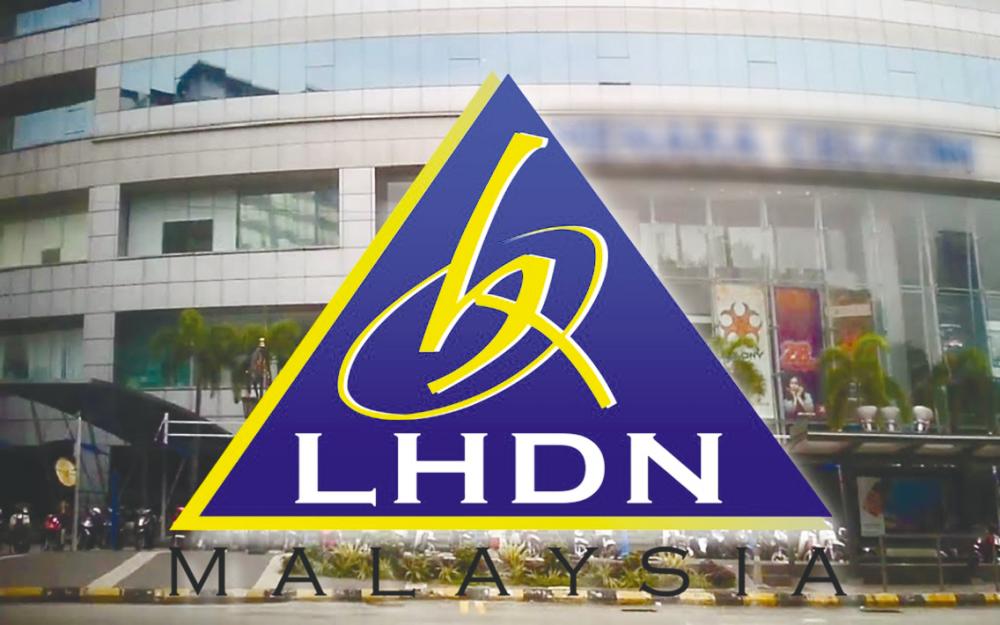NORMALLY, disposing of any share investments in a company will not attract any income tax since it will be a capital transaction. However, if you hold shares in a company that principally owns real estate, Real Property Gains Tax (RPGT) will be triggered upon disposal of such shares.
Many taxpayers may not be aware of the implications of owning such shares and may be subject to surprises when they sell due to way in which the acquisition price, the disposal price and change in the nature of the company midstream after the acquisition is determined by this unique piece of legislation in Paragraph 34A of the RPGT Act.
Understanding the basic rules
Whenever a taxpayer buys shares in a controlled company, he has to determine whether the company is a Real Property Company (RPC) and if it is an RPC share, then it remains forever an RPC share notwithstanding the fact the company may have subsequently ceased to be an RPC. At any point the RPC share is sold, RPGT will be imposed.
A company becomes an RPC when it meets the 75% total tangible assets test and this will be triggered when the at any point the company owns real property and RPC shares whose market value exceeds 75% of the total tangible assets of the company. Total tangible assets include cash, trade receivables, fixed assets, excluding intangibles such as intellectual property and goodwill. The determination of the acquisition price by the taxpayer is based on the number of shares acquired divided by the total number of shares issued by the company, and that fraction will be multiplied by the market value of the real properties and real property shares owned by the company.
The disposal price of the shares does not follow the normal disposal rules in the RPGT Act. For this purpose, the disposal price will be the consideration received. Legal fees and other costs relating to the acquisition and disposal of the shares will be ignored.
Loss on disposal of RPC shares cannot be carried forward.
Where are the problems?
Taxpayers need to keep an eye on their investments because at the time of acquisition, the company may not be an RPC but subsequently it could become an RPC. At that point, the shareholder needs to determine his acquisition price which will be a proportion of the market value or property acquired by the company. Obtaining the acquisition price subsequently may be a problem.
Bonus issues and rights issues are another problem. The interpretation adopted by the Inland Revenue Board (IRB) and the taxpayers could be different. IRB takes the view that the bonus shares have no cost and in the case of the rights issue, the cost will be the value paid for the rights issue. This may not be in accordance with the law because there is a school of thought that supports the view that the original costs paid for the acquisition of the shares should be shared proportionately between the original shares and the bonus issue based on the reasoning that the bonus shares are issued based on the original shares and bonus issue should not dilute the existing shareholdings.
Similarly, the issue of whether the price paid for the rights issue is the cost of the rights issue or should the costs be clubbed with the original shares and proportionately shared.
If the taxpayer has bought shares in tranches over a period of time in an RPC company, the allocation of the disposal proceeds is another issue. It is unclear whether the disposal proceeds should be allocated based on the number of shares acquired, or the acquisition price of the shares. The IRB tends to use number of shares which may result in an uneven allocation of disposal price and could trigger significant RPGT liability. It does not reflect the commercial reality of the transaction.
Recently, the IRB has attempted to bring the occasional sale of RPC shares into income tax in the case where taxpayers who are dealing in real estate are being investigated on the grounds that the sale of the RPC shares are also part and parcel of the taxpayer’s trading activities. This is incorrect because Paragraph 34A of the RPGT Act makes it clear that once a share is an RPC share, it remains an RPC and any disposal of such shares will be subject to RPC.
This article is contributed by Thannees Tax Consulting Services Sdn Bhd managing director SM Thanneermalai (www.thannees.com).









